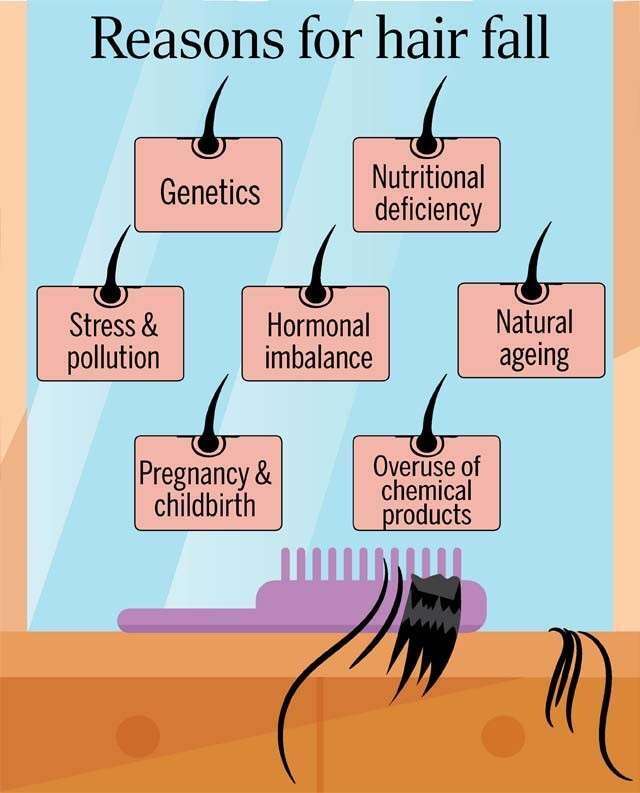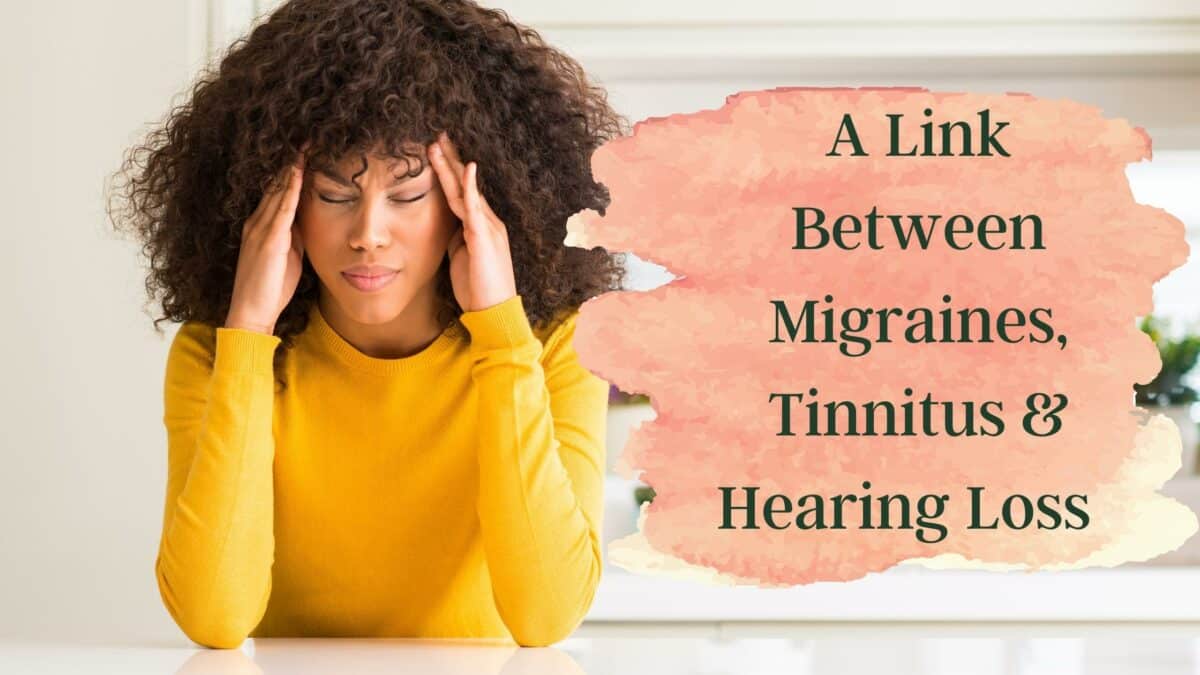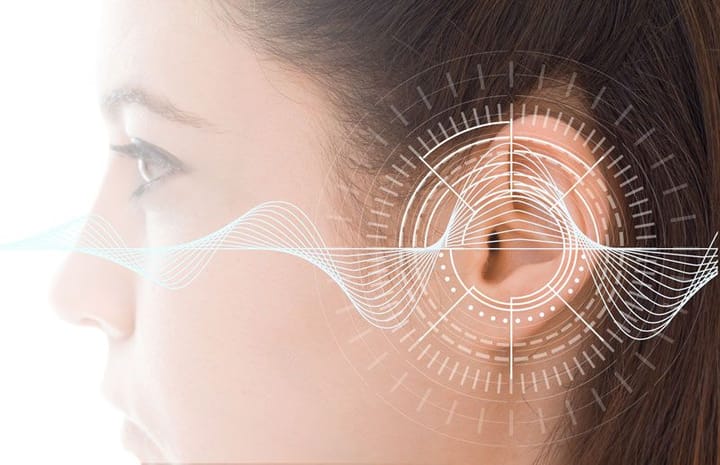Uncovering the Hidden Causes of Hair Fall in Modern Times

The Alarming Rise of Hair Fall in Modern Times
Hair fall has become a common concern for many individuals in modern times, affecting both men and women across various age groups. This escalating issue has sparked widespread concern, prompting a closer examination of its underlying causes.
Modern lifestyles have become increasingly stressful, with individuals facing pressure from multiple fronts, including work, relationships, and social expectations. Prolonged stress has been linked to an increase in cortisol levels, leading to hair thinning and eventual hair loss. Furthermore, the prevalence of poor dietary habits, characterized by inadequate nutrient intake and excessive consumption of processed foods, has contributed significantly to the rise in hair fall.
Environmental factors also play a crucial role in hair loss, with exposure to pollution, UV radiation, and other harmful substances damaging hair follicles and disrupting normal hair growth cycles. The cumulative effect of these factors has resulted in an alarming rise in hair fall, making it a pressing issue that requires attention and action.
Genetic Factors: The Most Common Cause of Hair Loss
Hair loss, a common phenomenon plaguing modern times, has various underlying causes. Among them, genetic factors stand out as the most prevalent culprit. In this section, we'll delve into the world of hereditary conditions and hormonal imbalances that lead to hair thinning and loss.
Hereditary Conditions: The Leading Cause of Hair Loss
Androgenetic alopecia, commonly known as male/female pattern baldness, is the most common cause of hair loss. This hereditary condition is passed down through generations, affecting millions worldwide. It's characterized by a gradual thinning of hair, leading to significant hair loss.
Hormonal Imbalances and Genetic Predisposition
Hormonal fluctuations, particularly an excess of dihydrotestosterone (DHT), can trigger hair loss. Genetic predisposition plays a crucial role in this process, making some individuals more susceptible to hormonal imbalances. As DHT levels rise, hair follicles shrink, leading to thinner, shorter hair, and eventually, hair loss.
Understanding the role of genetic factors in hair loss is crucial for developing effective prevention and treatment strategies. By acknowledging the impact of hereditary conditions and hormonal imbalances, individuals can take proactive steps to mitigate hair loss and promote a healthier scalp.
Hormonal Changes: A Key Contributor to Hair Fall
Hormonal fluctuations have been identified as a significant contributor to hair fall in modern times. Hormones play a crucial role in regulating hair growth, and any imbalance can lead to hair loss. In this section, we will explore the hormonal changes that can cause hair fall and what you can do to address them.
Hormonal Fluctuations During Pregnancy, Menopause, and Thyroid Disorders
During pregnancy, menopause, and thyroid disorders, hormonal fluctuations can cause hair loss. These hormonal changes can lead to an increase in hair shedding, thinning, and breakage. For example:
- Pregnancy: The hormonal changes that occur during pregnancy can cause hair to enter the resting phase, leading to excessive hair shedding after delivery.
- Menopause: The decline in estrogen levels during menopause can cause hair to thin and fall out.
- Thyroid Disorders: An underactive or overactive thyroid gland (hypothyroidism or hyperthyroidism) can cause hair loss due to hormonal imbalances.
Imbalances in Androgen Hormones
Androgen hormones, such as testosterone, play a significant role in regulating hair growth. Imbalances in these hormones can lead to hair thinning and loss. For example:
- Testosterone: High levels of testosterone can contribute to hair loss, particularly in women.
- Dihydrotestosterone (DHT): An excess of DHT, a derivative of testosterone, can lead to hair follicle shrinkage, resulting in hair loss.
In conclusion, hormonal changes are a significant contributor to hair fall in modern times. By understanding the hormonal fluctuations that can cause hair loss, you can take the first step towards addressing the root cause and finding effective solutions to prevent further hair fall.
Modern Lifestyle Factors: A Growing Concern
Hair fall has become a prevalent issue in modern times, and lifestyle factors play a significant role in this phenomenon. Understanding the correlation between lifestyle choices and hair fall is crucial to addressing this concern.
Stress, Lack of Sleep, and Poor Nutrition: A Deadly Combination
Stress, lack of sleep, and poor nutrition are interconnected factors that can contribute to hair fall. When we experience stress, our body releases cortisol, a hormone that can disrupt the normal hair growth cycle, leading to excessive hair shedding. Inadequate sleep can further exacerbate stress, creating a vicious cycle. A diet lacking essential nutrients, particularly those rich in omega-3 fatty acids, zinc, and biotin, can also affect hair health, leading to brittle and fragile hair prone to breakage.
Excessive Heat Styling, Chemical Treatments, and Tight Hairstyles: A Recipe for Disaster
Excessive heat styling, chemical treatments, and tight hairstyles can cause significant damage to hair, leading to breakage and loss. Heat styling tools can strip hair of its natural oils, causing dryness and brittleness. Chemical treatments, such as hair dye, perms, and relaxers, can alter hair's structure, making it weak and prone to breakage. Tight hairstyles like braids, ponytails, and buns can cause hair loss by putting constant tension on hair follicles, leading to conditions like traction alopecia.
By acknowledging the impact of modern lifestyle factors on hair fall, we can take proactive steps to mitigate their effects. Simple changes, such as adopting a balanced diet, managing stress, and using gentle hair care practices, can go a long way in promoting healthy hair growth and reducing hair fall.
Medical Conditions: A Hidden Cause of Hair Loss
Hair loss, a common concern for many, can be attributed to various factors beyond genetics and styling habits. Certain medical conditions, often overlooked, play a significant role in causing hair loss. Understanding these underlying health issues is crucial for effective treatment and prevention.
Alopecia Areata: An Autoimmune Disorder
Alopecia areata is a chronic autoimmune disease that causes hair loss on the scalp, face, or body. The immune system mistakenly attacks healthy hair follicles, leading to hair loss. This condition affects approximately 2% of the global population, with 1 in 5 experiencing extensive hair loss.
Cancer Treatment: Chemotherapy and Radiation
Cancer treatment, particularly chemotherapy and radiation, can cause hair loss due to the destruction of rapidly dividing hair cells. Chemotherapy targets rapidly growing cancer cells, but also affects healthy hair follicles, leading to hair loss. Radiation therapy, focused on specific areas, can cause hair loss in treated regions.
Autoimmune Disorders: Lupus and Rheumatoid Arthritis
Autoimmune disorders, such as lupus and rheumatoid arthritis, can lead to hair loss due to inflammation and immune system dysfunction. These conditions cause the immune system to attack healthy tissues, including hair follicles, resulting in hair loss.
Medications and Supplements: A Contributing Factor
Certain medications and supplements can contribute to hair loss as a side effect. These include:
- Antidepressants and anti-anxiety medications
- High blood pressure medications
- Blood thinners
- Vitamin A supplements (excessive intake)
It's essential to consult a healthcare professional if you're experiencing hair loss, as they can help identify underlying medical conditions and develop an appropriate treatment plan.
Breaking the Silence: Seeking Help for Hair Loss
Hair loss can be a distressing and isolating experience, but it's essential to break the silence and seek help to address the underlying causes. Consulting a dermatologist or healthcare professional can be the first step towards understanding the root of the problem and finding effective solutions.
Expert Guidance for Effective Solutions
A dermatologist or healthcare professional can help identify the underlying cause of hair loss, whether it's due to genetics, hormonal imbalances, nutritional deficiencies, or other factors. With their expert guidance, individuals can:
- Understand the underlying cause of hair loss
- Develop a personalized treatment plan
- Explore lifestyle changes and dietary modifications to promote hair growth
- Discuss medical treatments and therapies to address hair fall
Breaking Down the Barriers to Seeking Help
Many individuals hesitate to seek help for hair loss due to embarrassment, shame, or fear of being judged. However, it's crucial to remember that hair loss is a common condition that affects millions of people worldwide. Seeking help is a sign of strength, not weakness.
By breaking the silence and seeking help, individuals can:
- Regain control over their hair loss journey
- Find support and guidance from healthcare professionals
- Connect with others who share similar experiences
- Embrace a more confident and empowered version of themselves


















Comments ()